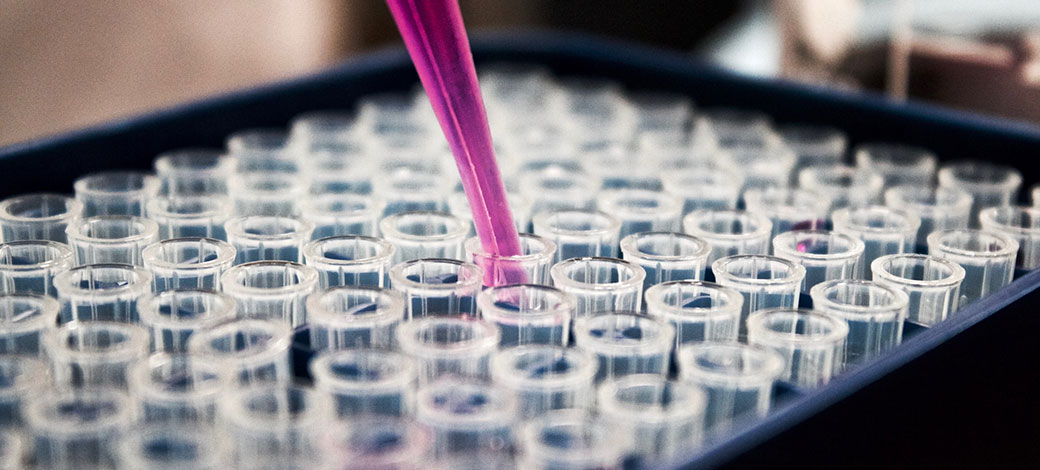Brazilian Ministry of Health open Public Consultations on frameworks to foster the national economy-industrial health complex.
The current Brazilian federal administration is re-routing the destination of the country’s general healthcare industrial policy to tackle several deficiencies, especially the high dependence on imports of all sorts of healthcare related products (e.g. pharmaceuticals, APIs & medical devices), which was aggravated during the Covid-19 pandemic, and a huge trade balance deficit.
The Ministry of Health published 4 (four) ordinances and 2 (two) open public consultations on December 8th,2023 linked to the objectives of the National Strategy for the Development of the Health Economic-Industrial Complex (a.k.a. “CEIS” in Portuguese).
The 4 (four) ordinances already in force aim at implementing the: (i) Matrix of productive and technological challenges in the Brazilian Public Healthcare – SUS (Ordinance MS 2261/2023 or “Matrix”); (ii) Modernization and Expansion of CEIS Infrastructure Program (Ordinance MS 2.262/23); (iii) Vaccines, serums and blood products Program (Ordinance MS 2.260/23); and (iv) Expanded access to prevention, diagnosis and treatment of neglected populations and diseases Program (Ordinance MS 2.259/23).
Pari passu, to meet the CEIS’ objectives (more details here), the public consultations (CPs) propose regulatory frameworks for the Programs on (i) the Product Development Partnerships (“PDPs”) – Public Consultation MS 54/2023 and (ii) the Development and Local Innovation Partnerships (“PDILs”) – Public Consultation MS 53/2023.
In a nutshell, the Matrix is the critical tool to guide the implementation of all the Programs. On the other hand, PDPs and PDILs, will be the key legal instruments to provide legal certainty and, eventually, guarantee the success of this shift on the national healthcare industrial policy.
PDPs – a bit of context
The PDPs program was introduced into the Brazilian Pharmaceutical market in 2008. The policy faced legal challenges and improvements from its inception to its demise at the beginning of the former Administration.
The draft of the new framework, thus, considers legislative updates and Court recommendations to restructure the program, along with the modern industrial and technological needs.
From the draft definition, PDPs are:
“partnerships that involve cooperation through an agreement between public institution(s) and/or ICT(s) and private entity(ies) for the transfer and absorption of technology, productive and technological capabilities of the country aiming at the local production of technology and strategic products to meet the Brazilian public healthcare system demands.”
As one can infer, the policy pillars are to enable tech transfer and local manufacturing of the technological platforms and products mentioned within the Matrix.
Moreover, a product will be eligible for PDPs if it meets the following criteria:
- Marketing Authorization (“MA”) in Brazil or the prospect of an MA within 24 months.
- Absence of patent restriction that impacts the proposed arrangement or loss of restriction within 24 months.
- Centralized purchase or purchase capable of centralization or acquisition through programs, measures, initiatives and specific actions to rationalize access to strategic products and services for the SUS within the scope of CEIS; and
- High dependence on imports.
As anticipated, this initiative may generate different business opportunities and threats, and from a legal perspective, any opportunity or threat must necessarily be reviewed at least from the intellectual property, regulatory (public law), and transactional standpoints.
Therefore, for businesses to orient their strategies, it is highly recommended that companies with high-cost products sold (or to be sold) to the Brazilian market fully understands this ecosystem, the proposed CEIS framework and assess the public consultation to comment on the provisions to tackle doubts and gaps in the draft.
Open To Comments: Public Consultations
To contribute to both draft rules, interested parties should access the respective links: Public Consultation MS 53/2023 and Public Consultation MS 54/2023. The deadline for contributions is January 9, 2024.
For access and download of the English versions of the drafts prepared by our team: Public Consultation MS 53/2023 (English version) [here] e Public Consultation MS 54/2023 (English version) [here].
For more details, please get in touch with us at lifesciences@soutocorrea.com.br
